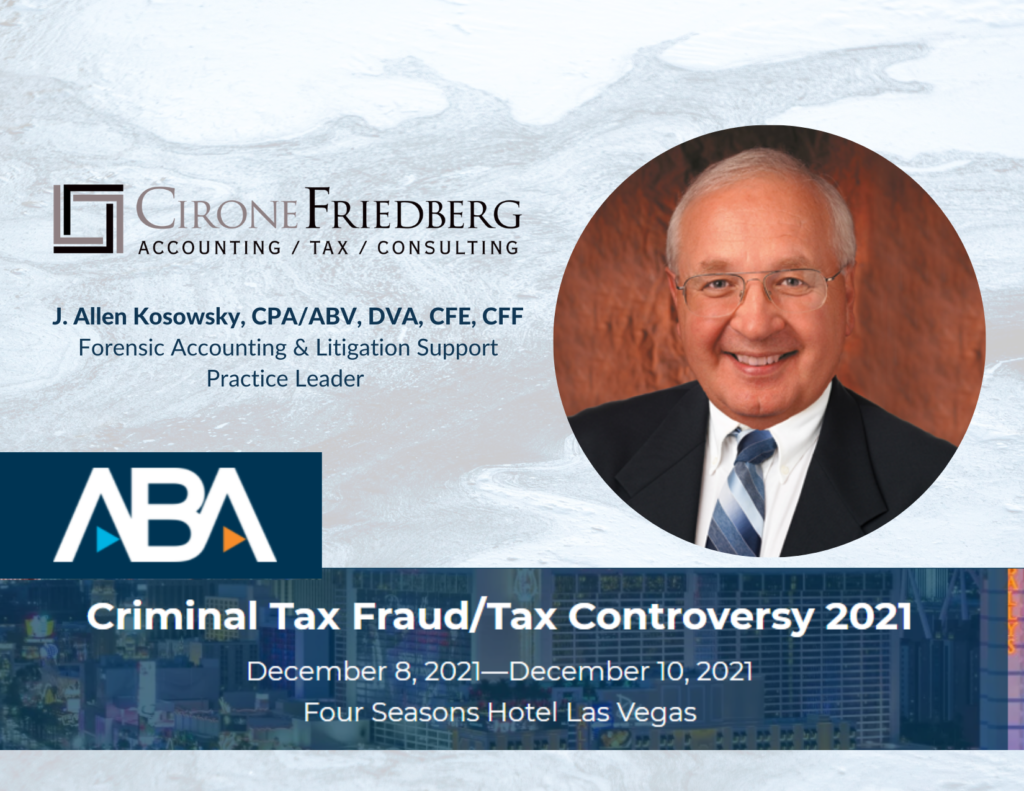Former Finance Director of Non-Profit charged with embezzlement scheme with approximately five thousand dollars stolen for personal use. The Director abused her power and betrayed the employer’s trust by using the employer’s bank account to perpetrate fraudulent activities.
The risk of fraud in Not-for-Profit (NFP) organizations refers to the likelihood that deceptive or dishonest activities may occur within the organization, leading to financial losses, reputational damage, and harm to the overall mission of the organization as well as stakeholders. As fraud in NFPs takes various forms, including embezzlement, misappropriation of assets and financial statement manipulation among others, it is crucial that the necessary measures be taken to detect and prevent these actions.
- Embezzlement: involves employees, volunteers, management or even board members diverting funds or assets for personal gain.
- Misappropriation of assets: as the NFP relies on contributions, grants, and donations to fund their operations, the risk of fraud includes mishandling or misuse of funds, diverting them from their intended purposes. Of the cases studied according to The ACFE 2022 Report to the Nations, 86% had misappropriation of assets as the most common scheme but less costly with $100,000 median loss.
- Financial Statement Fraud: is a significant fraud risk where financial statements are misrepresented which may involve activities such as inflating revenue, understating expenses, or concealing liabilities. According to ACFE 2022 Report to the Nations, this is found to be the least common scheme (found in 9% of the cases studied) but the costliest with $593,000 median loss.
Despite NFP organizations playing a crucial role/function in addressing various economic challenges in society, they are far from being immune to the threat of fraud. The vast majority of people who work for NFPs are loyal to the organization’s mission and champions in supporting the organization’s cause. However, due to efforts to minimize overhead costs, there can be lapses in internal control systems that provide the opportunity for employees or volunteers to perpetrate fraud. These facts, make it extremely important that the organization’s board and management maintain vigilant oversight of their organization financial processes and internal controls over operations and fund raising events.
Here are some reasons why fraud occurs in NFP Organizations
- It is stated that trust plays a significant role in the operations of NFP organizations, and as such internal controls are often overlooked or are not in place at all. For example, lack of segregation of duties, management overriding controls by making decisions that benefit themselves or their associates rather than the organization and its missions. Management can authorize payments/reimbursements for their personal use or benefit. This abuse of power can cause significant harm to the organization as well as violate the trust of donors and the public. Furthermore, when management is dominated by a single person or a small group without compensating controls, it can create opportunities for fraud in the NFPs environment.
- Owners/executives who committed 23% of occupational fraud cause the largest loss – $337K, according to ACFE 2022 Report to the Nations. In addition, the level of authority affects the duration of the fraud, per ACFE report owners/executives tend to last 18 months as compared to managers and employees at 16 and 8, respectively.
- Tight budgets and limited resources can make NFP organizations more susceptible to fraudulent activities and may result in insufficient internal controls making it easier for fraud to occur and go unnoticed.
- Job insecurity can play a significant role in fraudulent activities that occur in NFPs. Employees who feel insecure about their job stability may be more susceptible to financial pressures and as such resort to fraudulent activities to maintain their financial well-being and secure their positions. Job security can also be used by management to manipulate, pressure, incentivize employees to commit fraud to protect their jobs or advance their career. In addition, employees may take advantage of weak controls to commit fraud to meet their needs.
- Often more leniency is shown in the hiring process (no background checks conducted), hence past offenders of fraud can conduct their fraudulent acts at different organizations. Additionally, since NFPS often rely on numerous volunteers, they may not have a thorough screening or onboarding process due to their urgent need for assistance, without fully considering the potential consequences of fraud. This vulnerability is often apparent to volunteers and may ultimately lead to opportunities for fraud.
- It is more prevalent for fraud to occur when procedures are rushed, not carefully reviewed, or not reviewed at all. As a result of having a close relationship with both a supervisor and a senior pastor, the financial activities of the associate pastor were never reviewed, which led him to embezzle $830,000 over a 6-year period (source: https://www.churchlawandtax.com/manage-finances/internal-controls/how-a-church-responded-when-a-trusted-minister-embezzled-funds/).
- As one can imagine during economic crisis, people are more likely to commit fraud, and these are often first-time offenders. As NFP workers experience financial difficulties (e.g., trying to keep up with living expense inflation while donors experiencing financial difficulties may need to reduce contributions), it is more likely that employees (especially if they believe they are being underpaid) will commit fraud with the rationalization that they are owed this money.
It is imperative that NFPs develop and maintain robust internal controls, including segregation of duties, surprise audits, board oversight, and external audit of internal control over financial reporting, to name a few to deter, reduce and ultimately stop these fraudulent activities.
Fraud risk is not selective based on an organization size, revenue, or mission. The presence of anti-fraud controls directly impacts the duration and severity of fraud incidents.
Despite NFP organizations accounting for only 9% of fraud cases, their limited resources make the median loss devastating. According to Brotherhood Mutual Insurance, Christian churches alone could face $100 billion in financial fraud by 2025.
Key factors contributing to these unfortunate occurrences of fraud include a lack of internal controls, lack of job rotation, limited knowledge of the IRC (Internal Revenue Code), budget constraints, and reluctance to seek professional assistance. Robust internal controls, transparency, and continuous vigilance are crucial for NFP organizations to successfully navigate the complex landscape of fraud risk.
CLICK HERE to view, download, or print Managing Fraud Risk: A Checklist
Have questions?
If you need assistance or have any questions about the information in this article, please call your CironeFriedberg professional. You can reach us by phone at (203) 798-2721 (Bethel), (203) 366-5876 (Shelton), or (203) 359-1100 (Darien) or email us at info@cironefriedberg.com. Learn more about the accounting and audit services we provide for Not-For-Profit organizations.










